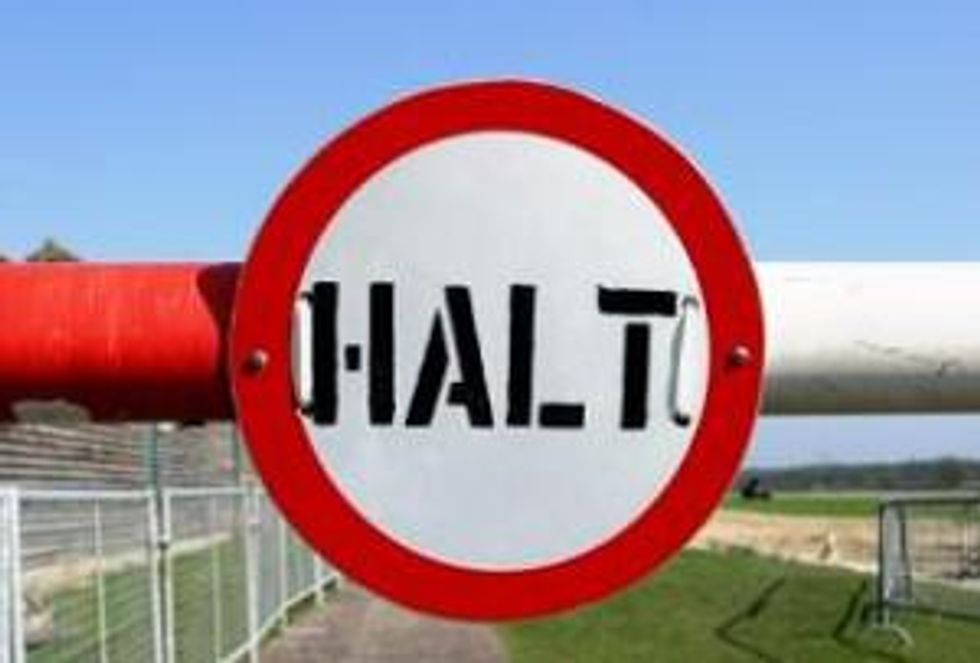With supply concerns on the horizon, the copper market could be looking at some positive price movements.
But with supply concerns on the horizon, the copper market could be looking at some positive price movements if it can overlook these economic factors.
Force majeure
In a continuation of the ongoing saga at Freeport-McMoRan Copper & Gold’s (NYSE:FCX) Grasberg mine, the company declared force majeure this week, sending the copper price back up from a one-month low. Three-month copper checked in at $7,190 per metric ton (MT) in London, a gain of 1 percent. Freeport’s force majeure on its shipments of concentrate from Grasberg is not a surprising move following a mid-May tunnel collapse that killed nearly 30 workers. Companies will declare force majeure whey they cannot meet obligations beyond their control. However, with the mandate in place, global copper supply is taking a hit of nearly 3 percent of average daily copper output for the year, according to Bloomberg. For Freeport, the stoppage equals a reduction of 3 million pounds of copper and 3,000 ounces of gold per day on top of the 80 million pounds of copper and 80,000 ounces of gold production that it lost between May 15 and June 11.
Trade union workers at the mine who have been carrying on with maintenance at the facility since the accident are threatening to stop work indefinitely on Friday June 14 if the company does not suspend those suspected for being at fault for the deadly tunnel collapse.
Mining Weekly reported that a letter sent to Freeport’s management on Monday singles out five company officials suspected of being responsible for the accident. “They have to be sent home while the investigation on the cause of the accident is still under way,” union official Virgo Solossa told the publication.
The company employs about 24,000 workers, the majority of whom belong to the union. If Freeport cannot come to an agreement with the workers, the companies fears that “[a]ny walkout could delay the eventual resumption of production at the mine and further strain ties between the two sides after a three-month strike in late 2011.”
Rio Tinto jumps the gun
The invitations were sent. Journalists and traders from all over were invited to attend a ceremony on June 14 at Rio Tinto’s (NYSE:RIO,ASX:RIO,LSE:RIO) $6.2-billion Oyu Tolgoi copper mine in Mongolia to celebrate the mine’s first shipments of copper. With the stoppage at Grasberg, Oyu Tolgoi coming online couldn’t have been more perfectly timed. Except it won’t be happening — at least not on June 14. Rio called the whole thing off late on Wednesday. Though the company is still expecting to start shipments before the end of the month, it is currently missing the final clearance from the government before it can move forward, Reuters reported.
Market watchers have been keeping an eye on the Oyu Tolgoi mine, waiting to see how new regulations and concerns raised by the government over the mine play out. Oyu Tolgoi is important for Mongolia, expecting to account for one-third of the country’s economy by 2020. The mine is also important for Rio, which is looking to branch out from its dependence on iron among other small assets.
Beyond its false start at Oyu Tolgoi, Rio has been dealing with problems at the Bingham Canyon mine in Utah. In April, a landslide at the mine send 150 million MT of material down the northeastern wall of the mine, causing a shutdown at the concentrator and reducing smelting and refining operations. The company expects to produce 100,000 MT of copper for the year.
BHP moves in
The string of shutdowns has given mining giant BHP Billiton (NYSE:BHP) the perfect environment to negotiate a better deal for processing its copper concentrate. The company has agreed to a rise of roughly 3 percent in the fees it will be paying Japanese smelters to process its copper concentrate for the second half of the year.
BHP has agreed to terms at $72 per MT and 7.2 cents per pound. Stephen Briggs, analyst at BNP Paribas in London, told Mineweb that he has “no doubt the higher fees largely reflect the losses from Grasberg and Bingham Canyon, especially Grasberg.”
Securities Disclosure: I, Vivien Diniz, hold no direct investment interest in any company mentioned in this article.






